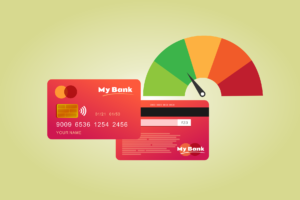
The Federal Trade Commission (FTC) has accused Credit Karma of misleading consumers by promising “pre-approved” offers of credit while knowing that many applications will be declined.
According to the FTC’s investigations, the platform, which offers free financial management tools and credit advice, has allegedly provided false credit offers to customers.
Once the applications are made, it’s estimated that nearly a third of cases are denied. The FTC claims that the company uses “dark patterns” to lure customers into applications.
For example, in some cases, the company advised consumers that the odds of approval are 90% for the offers. However, many of the applications had little to no chance of being approved.
Samuel Levine, director of the FTC’s Bureau of Consumer Protection said in a statement: “Credit Karma’s false claims of ‘pre-approval’ cost consumers time and subjected them to unnecessary credit checks. The FTC will continue its crackdown on digital dark patterns that harm consumers and pollute online commerce.”
The agency has also ordered Credit Karma to pay $3 million following the claims. This money will be distributed among those customers who applied for credit based on deceptive claims.
Credit Karma has denied the claims, saying: “We fundamentally disagree with the FTC’s allegations about marketing terms that aren’t even in use anymore, but ultimately we reached this agreement to avoid disruption to our mission and maintain our focus on helping our members find the financial products that are right for them.
Our industry-leading technology provides the transparency our members need to shop for financial products with more confidence.”
The company continued, pointing out that the FTC’s allegations are focused on Credit Karma’s historical use of the term “pre-approved” for a “small subset of the credit card and personal loan offers available on Credit Karma’s platform prior to April 2021.”
It also said that the FTC’s allegations “do not challenge the approval odds language” it has been using since April 2021 on its platform.



